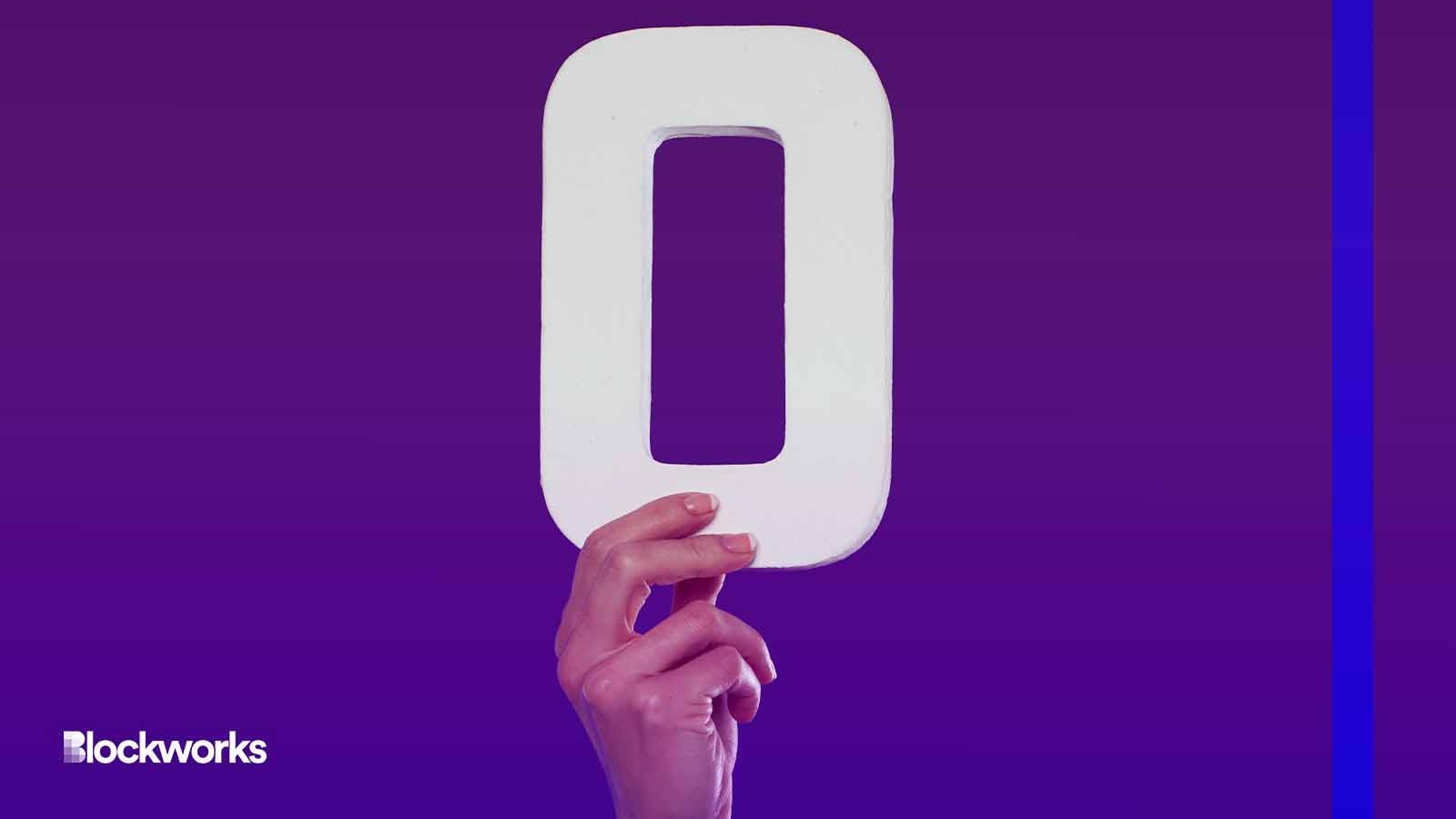Polygon is focused on a future of zero-knowledge proofs
Polygon recently revealed a CDK for developers and its PoS network may soon transition to a zkEVM Validum

NAS CREATIVES/Shutterstock modified by Blockworks
Ethereum layer-2 scaling solution Polygon is sharpening focus on zero-knowledge (ZK) technology.
Best known for its proof-of-stake sidechain, Polygon launched its zkEVM rollup on Ethereum mainnet in March, and a plan to transition its PoS chain to a validium.
ZK proof-based rollups post verifiable proofs of transactions to Ethereum, ensuring faithful execution while significantly reducing costs. And unlike other layer-2 solutions, they can theoretically do so while permitting a user to instantly withdraw funds back to Ethereum’s mainnet, in contrast to optimistic rollups, which require a waiting period.
Read more: Polygon’s zkEVM goes live on Ethereum mainnet
“We think ZK proofs are the future,” Jordi Baylina, co-founder and technology lead at Polygon told Blockworks. “The reason is fast finality and withdrawal times, compared to the week-long delay required by fraud proofs [when there are working fraud proofs].”
Validums are similar, but they store transaction data off-chain, not on Ethereum mainnet, making the blockchain much more efficient.
There is, however, a downside to moving to a validum model. As only proofs are posted to Ethereum, and not the actual data itself, validums do not inherit Ethereum security.
For this reason, Polygon zkEVM Validum may be more suitable for applications like gaming and social media, rather than DeFi with its high financial stakes.
The release of Polygon CDK
Beyond moving its PoS blockchain to a zkEVM Validum, the Polygon team had also recently revealed the Polygon chain development kit (CDK), a software kit that is designed for developers to launch their own ZK layer-2s.
The CDK follows similar moves by the Optimism Collective, Offchain Labs and Matter Labs, who have each revealed their own software stacks to grow the ecosystems of Optimism, Arbitrum and zkSync respectively.
Polygon’s CDK is designed for developers who want to be part of a layer-2 ecosystem secured by zk-proofs, Baylina said.
“The architecture unlocked by Polygon CDK is different. It enables automatic access to shared liquidity through the ZK bridge and [interoperability] layer; that means a layer-2 ecosystem secured by working ZK-proofs,” Baylina said.
Polygon CDK enables developers to choose between launching a blockchain that uses the validium framework or launching an app-specific zkEVM blockchain.
At the time of writing, Polygon’s native token MATIC — which will soon be rebranded to POL — is currently trading at $0.56, up 2.1% over the past 24 hours.
Get the news in your inbox. Explore Blockworks newsletters:
- The Breakdown: Decoding crypto and the markets. Daily.
- 0xResearch: Alpha in your inbox. Think like an analyst.






